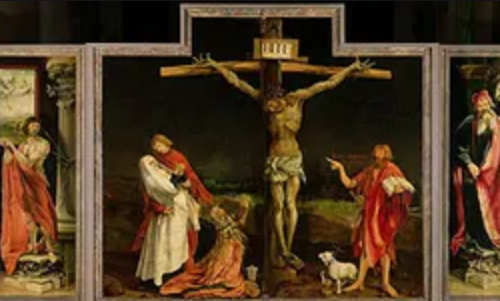Guest review by Karl Pfeifer
I am not especially interested in football. However “The Story of Béla Guttmann” is not just about a famous football player and manager; it is also a fascinating history book.
Guttmann lived in the District of Ujpest close to Budapest. This is where he hid during the Hungarian Holocaust. All around him, Jews were rounded up and deported to Auschwitz-Birkenau.
Guttmann was born in 1899. As a young man in 1920, he moved to Ujvidék/Novisad in Yugoslavia, where he set up a dance school. He was able to escape from the pogroms perpetrated by Horthy’s thugs but in the end he decided to return home to Budapest and play football for the “Jewish” MTK. Then in 1922, Guttmann joined the Viennese Jewish club Hakoah.
“In a Jewish sense, Guttmann was moving from the Budapest frying pan into the Viennese fire”.
Everything about this team – its origins, its name, its kit, its ethos, its supporters – exuded Jewish national spirit. The Hakoah kit was blue and white, the same as the colours of the Jewish national movement; a large Star of David was worn on their shirts. After games in Berlin and Leipzig in 1924, the leading German sports newspaper “Fußball” remarked that “Hakoah had helped to do away with the fairy tale about the physical inferiority of the Jews”.
Hakoah played several fixtures abroad, including their “shocking” victory over an admittedly depleted West Ham team at Upton Park, London, which is thought to be the first win ever by a foreign team on English soil. In January 1924 and 1925, Hakoah made long tours to Egypt and Palestine, then under British rule.
The tours of the United States in April and May 1926 marked the pinnacle of the club’s international reputation but it also led to the club’s decline. After the end of this tour Guttmann and nine of his teammates left Hakoah to sign for New York based clubs. Guttmann lost his savings during the Wall Street Crash in 1929. In the end, he decided to return to Europe just a few months before Hitler came to power in 1933.
Guttmann obtained a US entry visa on January 18, 1938, and arrived back in New York on March 2. He returned to a Nazi-controlled Vienna on August 6. Just eight days later he was on his way to Budapest to join the football club Ujpest.
His life then became one of a fugitive on the run– hiding, time in a labour camp, escape from the labour camp, more hiding. His family was murdered. After the war he began to rebuild his football career, dealing with player egos, showdowns, and all the changes that went with moves to different clubs in different countries.
Bolchover explains how Guttmann survived the Holocaust, and his subsequent rise to fame as one of Europe’s top football managers. He led Benfica-Lisbon to victories in the European Cup Finals of 1961 and 1962. The European Cup is now known as the Champions League– the elite competion.
This is compulsory reading for anyone interested in football and the dark days of 20th century European history.


